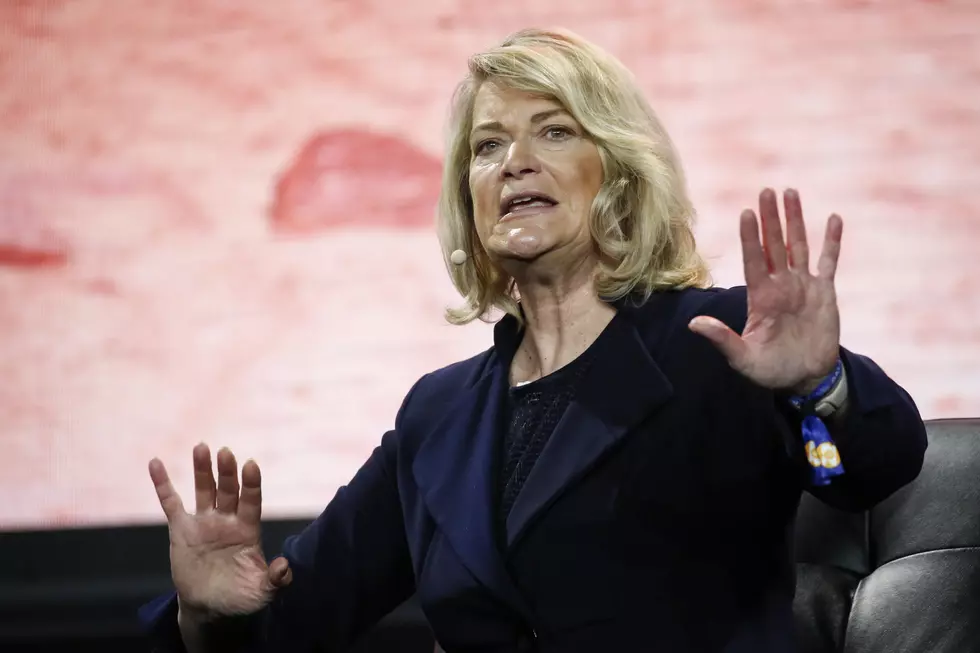
Bill to Manage Forest Against Wild Fires By Wyoming Senator
More and better land management can prevent the forest and grass fires seen across the west over the past few years.
WASHINGTON, D.C. – Senator Cynthia Lummis (R-WY) introduced the Stop CATASTROPHIES Act or the Stop Causing Alarming Tree, Air, and Soil Trauma Resulting from Obstructive Progressives’ and Hypocritical Environmentalists’ Schemes Act.
This is the Senate companion bill to Representative Dan Newhouse’s (R-WA) bill of the same name.
Of the bill, Senator Lummis said, “For too long, litigious radical groups have hindered efforts to maintain and preserve our national forests under the guise of environmentalism. This bill would cut some of the red tape that these groups exploit to ensure that Wyoming’s and the nation’s forest managers have the resources and flexibility needed to actively manage forests and prevent wildfires.”
"Their policies have resulted in underbrush growing unchecked, and forests becoming denser and accumulating more dead biomass, which turns them into tinderboxes. They are destroying our forests to “save” them."
But NEPA is a study in unintended consequences. The act has been weaponized to require expensive and resource-consuming environmental analysis for even minor and commonsense solutions.
That is why I’ve introduced the “Stop CATASTROPHES Act” in the Senate. This bill, along with a House companion introduced by U.S. Rep. Dan Newhouse, R-Wash., will improve forest health and reduce the risk of wildfires.
Under the National Environmental Policy Act (NEPA), agencies may be granted exclusions to certain requirements of the law for actions that do not individually or cumulatively have significant effects on the environment.
Like many laws, the National Environmental Policy Act (NEPA) of 1970, which governs the federal government’s actions, began with good intentions. It requires federal agencies to assess the environmental impact of proposed actions before making decisions.
These CE’s or “categorical exclusions” can reduce paperwork and save limited time and resources. Under this bill, categorical exclusions are expanded to include the removal of noxious weeds, hazardous fuel management, creating fuel/fire breaks, allowing fencing to improve wildlife habitat, erosion control devices, and the creation of permanent infrastructures, such as stock ponds.
This bill also increases acreage caps for categorical exclusions to 10,000 acres in order to allow these forest management activities to be utilized on a greater scale.
You can read the entire bill at this link.
LOOK: Crater Ridge Fire Burning In Wyoming
LOOK: Dramatic Photos Show Fires Near Wyoming Border
More From Wake Up Wyoming









